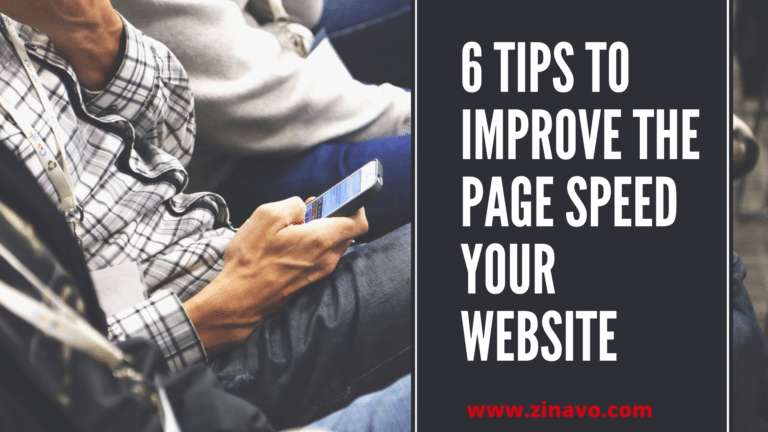A website should load in two seconds or less. 53% of users abandon your site if it takes longer than three seconds to load. Users expect your website to load quickly. The loading time of your website shouldn’t exceed three seconds if you want visitors to stay on your site.
Besides the hosting server, the amount of bandwidth in transit, and web page design – as well as the number, type, and weight of elements on the page – determine the speed at which a page loads. In addition to user location, device type, and browser type, there are other factors to consider
Page Load time Is a Primary Ranking Factor
- Your site will load faster than approximately 25% of the web if it takes 5 seconds to load.
- This site loads approximately 50% faster than the average on the web in 2.9 seconds.
- You load your website faster than 75% of sites on the Web in 1.7 seconds.
Read More: How to Improve Web Vitals Scores and Page Experience Signals
Web Hosting
A web hosting company provides the server on which your website will be hosted, and you can choose between different server types. The three most commonly used types of servers are shared, virtual, and dedicated.
Web Hosting and uptime
Each hosting company offers different uptime guarantees, which are the times in which the server will be available without issues. You’ll want to choose a provider that guarantees at least 99.90% uptime. The difference between 99.90% uptime and 99.95% uptime comes out to 4 hours and 23 minutes less downtime per year.
Web Hosting and server types
After picking a hosting company, you’ll need to choose the right plan. If you choose shared servers, you will share resources with other websites on the same server, but these are the cheapest options. It’s fine for small-to-medium-sized sites, but larger sites will have trouble maintaining satisfactory performance.
Images, Videos, and Files
In general, the bigger your file sizes and the more files you have on a page, the longer it will take for the page to load – so make sure you optimize your images as much as possible.
Plugins
WordPress plugins have the ability to add enhanced functionality to a website. However, you should be selective about how many plugins you use, as too many at once will overwhelm your server. You might find that updating a few plugins is easier than you think.
Browsers
Your browser can also affect average page load times, since older versions of browsers may not be compatible with newer assets and code on your page. You can quickly fix this by updating your browser to the latest version. Additionally, you can set your browser to automatically update so that you’re always up to date.
Cache clearance
You can access websites more quickly by storing information from the websites you visit on your computer’s cache. The data on a website is already stored when you return to it, so it loads faster. If you clear your cache, you’ll probably notice your frequently visited websites loading slower.
Final Thoughts
Optimizing your site’s load speed can be challenging, but will have a significant impact on the overall performance. Alternatively, you can implement a few of these tips today. Your website speed is fundamental to the success of your business. Learn more about our services (info@zinavo.com) or call us at +91-7760245945.



